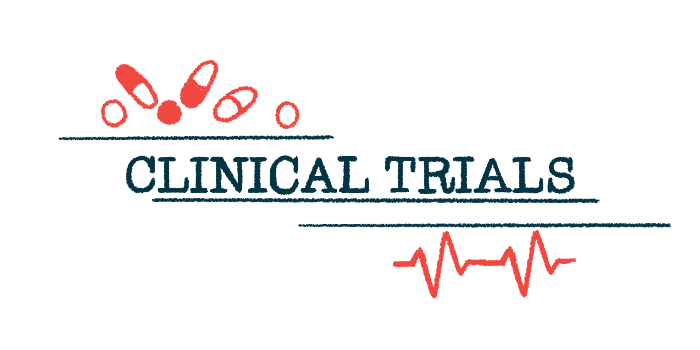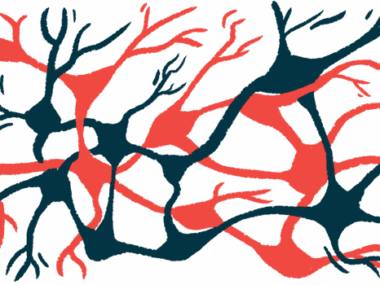FDA clears Phase 1 testing of NDC-011 dual combination ALS therapy
The trial, planned for the first half of 2025, is expected to enroll 24 participants
Written by |

The U.S. Food and Drug Administration (FDA) has given the green light to Dr.Noah Biotech to initiate a Phase 1 clinical trial of NDC-011, a combination therapy for amyotrophic lateral sclerosis (ALS), in healthy volunteers.
The trial, planned for the first half of 2025 at a single site in the U.S., is expected to enroll 24 participants. It will compare the safety and tolerability of single doses of NDC-011 and its individual ingredients, nebivolol and donepezil, as well as their bioavailability, that is, how well they’re taken up by the body. A Phase 2 clinical trial is anticipated for 2026.
Nebivolol and donepezil were selected as most promising among more than 1.6 million combinations for ALS by the company’s artificial intelligence (AI)-driven platform, ARK, in its skim through patient data. The company is also developing seven other combinations for other indications.
“Starting with this NDC-011 clinical trial, we will continue to develop medicines for rare diseases,” Ji-hyun Lee, PhD, CEO of Dr.Noah, said in a company press release. “We will do our best to ensure that our fast and efficient AI-driven combination drug development strategy will bring hope to rare disease patients worldwide.”
ALS results in the loss of the nerve cells that control muscle movements, or motor neurons, in the brain and spinal cord, leading to progressive muscle weakness. While a number of biological mechanisms contribute to disease worsening, existing treatments are limited in their effect on those mechanisms and extend survival by only a few months.
What makes NDC-011 different for ALS?
“Although there are currently approved medicines for ALS, their therapeutic effects fall short of expectations, making the development of new treatments an urgent necessity,” a company’s representative said. “NDC-011 is expected to alleviate the progression and symptoms of ALS and prolong patient survival. Our company is not just an AI technology service provider, but a drug development company capable of handling on our own the entire new drug development process from discovery to clinical development.”
NDC-011 promises to work on ALS through multiple mechanisms of action: by reducing inflammation, protecting nerve cells, helping nerve cells grow and develop, and shielding muscle cells from damage.
Both nebivolol and donepezil are approved by the FDA for other indications. Nebivolol is a beta-blocker used to treat high blood pressure by relaxing blood vessels and slowing heart rate. Donepezil is used to manage symptoms of Alzheimer’s disease by improving nerve cell function in the brain.
Preclinical data showed that oral treatment with a low dose of NDC-011 delayed loss of muscle tissue and motor function, while a high dose started after the onset of symptoms prolonged survival in a mouse model of familial ALS.
NDC-011 was designed to enter the global market from the early stages of its development. To achieve this, its tablet form was developed, produced, and quality-checked at Patheon, a U.S.-based company that follows good manufacturing practice standards for clinical use.
The fixed-dose combination has also gained orphan drug status from the FDA, which is expected to provide a range of incentives, including seven years of market exclusivity if the drug is approved.






